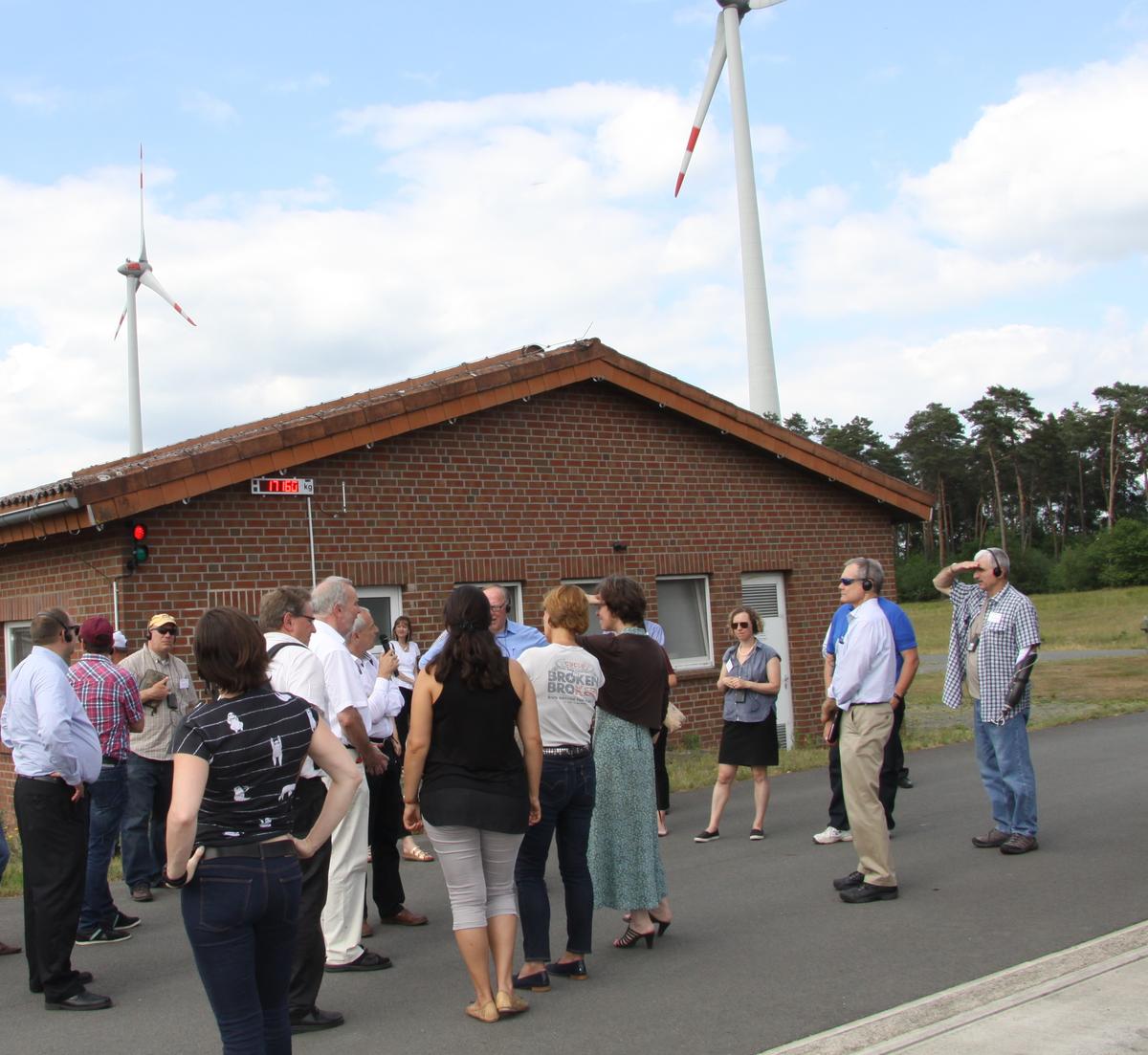NRRI was created to look to the future, find key partnerships, develop knowledge and deliver solutions to create new opportunities. Minnesota needs to have the tools to participate in emerging global economies and national energy challenges, especially as we all face a changing climate.
In June, I had the opportunity to join a Minnesota delegation to the German state of North Rhine-Westphalia. Earlier visits to Germany have focused on technology and policy issues associated with their energy transition to renewable energy. This trip was part of the Climate Smart Municipalities Program, a joint effort between Minnesota and the state of North Rhine-Westphalia to drive climate change adaptation and implementation of renewable energy and energy efficiency via paired partnerships between five cities.
It was a very full week with visits to each of the German cities to learn about projects that included public engagement, sustainable urban planning, environmental remediation, and a range of energy topics. The focus was on making sound, long-term decisions regarding the economy and environment that benefit future generations. Perhaps the most satisfying aspect was observing the inter-city partnerships develop exciting concepts and plans to address climate change while growing economic benefits. NRRI and the University of Minnesota system stand ready to assist in these efforts.
I was also able to spend a day working with our collaborators at Metabolon, a partnership between a German waste management company and the Technical University of Koln. This group has taken a former landfill and transformed it into a public research center to study leach water treatment, biomass digestion and biogas generation, process control architecture and hydrothermal carbonization of wet biomass into solid fuels. Much of this work overlaps nicely with efforts at NRRI’s unique Renewable Energy Laboratory, particularly water treatment and hydrothermal carbonization. We identified several potential collaboration projects that we believe will accelerate progress for both organizations.
Our German colleagues will be visiting Minnesota in early October. We look forward to welcoming them with progress on numerous projects as we work together to create opportunities with global relevance.
